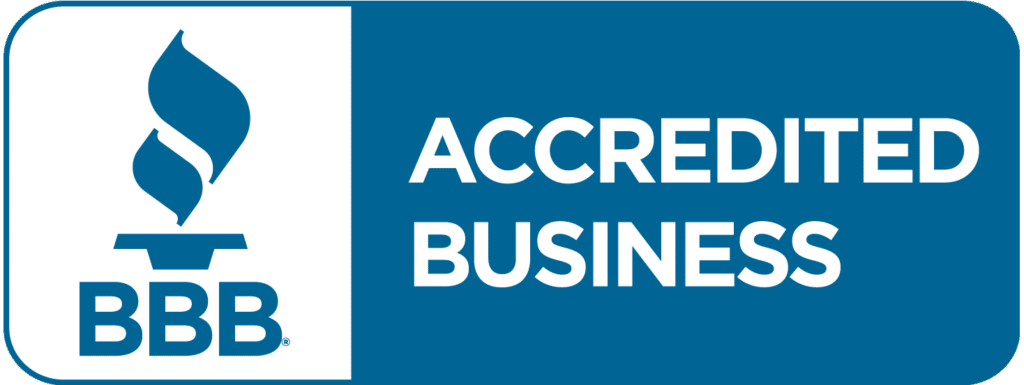Choosing the right treatment program for substance abuse is a critical step toward lasting recovery. With so many different treatment options available, it can be challenging to determine which program is right for you or your loved one. In this blog, we will discuss choosing the right treatment program for substance abuse and provide tips on making an informed decision.
Assessing Your Needs
The first step in choosing the right treatment program for substance abuse is to assess your needs. This includes considering your addiction’s severity, overall health, and co-occurring mental health disorders.
An inpatient rehabilitation program may be the best option if you have a severe addiction and require intensive support. An outpatient program may be a better fit if you have a milder addiction and can manage your recovery while living at home.
It is also essential to consider any co-occurring mental health disorders, such as anxiety or depression. Many people with substance abuse disorders also have underlying mental health conditions that require treatment. If you have a co-occurring disorder, choosing a treatment program that addresses both your substance abuse and mental health needs is essential.
Treatment Approach
Different treatment programs use different approaches to address substance abuse. Choosing a program that aligns with your beliefs and values is essential.
For example, if you prefer a more holistic approach to treatment, choose a program incorporating yoga, meditation, and other alternative therapies. A program focusing on evidence-based therapies, such as cognitive-behavioral therapy (CBT), may be better if you prefer a more traditional approach.
It is also essential to consider the level of medical support the treatment program offers. If you require medication-assisted treatment (MAT) for your substance abuse, you must choose a program that offers this type of treatment.
Length of Treatment
The length of treatment can vary significantly depending on the program. Inpatient rehabilitation programs typically last between 30 and 90 days, while outpatient programs can last for several months.
Choosing a program that provides enough time for you or your loved one to fully engage in the recovery process. Shorter programs may not provide enough time for you to develop the skills and tools necessary to maintain sobriety after treatment.
Location
The location of the treatment program can also play a significant role in your decision-making process. Some people prefer to attend a treatment program close to home to stay connected with their family and support system. Others may prefer to participate in a program farther away to remove themselves from triggering environments and distractions.
Choosing a location that is safe, comfortable, and conducive to your recovery is essential. If you are attending an inpatient program, consider the amenities and services offered, such as private rooms, outdoor spaces, and fitness facilities.
Cost
The cost of treatment can vary significantly depending on the program and level of care needed. It is important to consider your budget and insurance coverage when choosing a treatment program.
Many treatment programs accept insurance but verifying coverage and understanding out-of-pocket expenses are essential. Some programs also offer financing options or sliding scale fees based on income.
At Silicon Valley Recovery, we understand that choosing the right treatment program for substance abuse can be overwhelming. That’s why we offer a range of evidence-based addiction treatment programs, including inpatient rehabilitation, outpatient rehabilitation, medication-assisted treatment, and individual and group therapy.
Our team of experienced professionals is dedicated to providing compassionate, personalized care to help you or your loved one overcome addiction and achieve lasting recovery. Contact us today to learn more about our services and how we can help you choose the right treatment program for your needs.
FAQs
What is the most common treatment for substance abuse?
The most common treatment for substance abuse is a combination of behavioral therapies and medications. Behavioral therapies help modify attitudes and behaviors related to drug use and increase healthy life skills. Medications can be used to manage withdrawal symptoms, prevent relapse, and treat co-occurring conditions. This integrated approach is tailored to individual needs for effective recovery.
What is a treatment plan for substance abuse?
A treatment plan for substance abuse is a personalized, structured approach to help individuals overcome addiction. It typically includes assessment, goal setting, therapy, and support services. The plan is tailored to the individual’s needs, addressing physical, psychological, and social aspects of addiction. Regular reviews ensure the plan remains effective and adaptable to progress.
What are three options for drug abuse treatment?
Three options for drug abuse treatment include behavioral counseling, medication, and support groups. Behavioral counseling helps modify attitudes and behaviors related to drug use. Medications can be used to manage withdrawal symptoms, prevent relapse, and treat co-occurring conditions. Support groups provide a community for individuals to share experiences and support each other in recovery.
What treatment is available for substance abuse?
Treatment for substance abuse includes a variety of options such as detoxification, counseling, behavioral therapies, medication-assisted treatment, and support groups. Detox helps manage withdrawal symptoms, while counseling and behavioral therapies address underlying issues and promote coping strategies. Medication-assisted treatment can reduce cravings and support recovery, and support groups offer community and encouragement.
What is the most successful treatment for addiction?
The most successful treatment for addiction often involves a combination of therapies tailored to the individual’s needs. This can include behavioral therapies, medication-assisted treatment, and support groups. The effectiveness of treatment varies based on the type of addiction, the individual’s circumstances, and their commitment to recovery. A comprehensive approach addressing both physical and psychological aspects tends to yield the best outcomes.
What is the best solution for substance abuse?
The best solution for substance abuse often involves a combination of therapies tailored to individual needs. This can include behavioral therapy, medication-assisted treatment, support groups, and counseling. It’s important to address both the physical and psychological aspects of addiction. Professional guidance from healthcare providers can help in creating an effective treatment plan.









